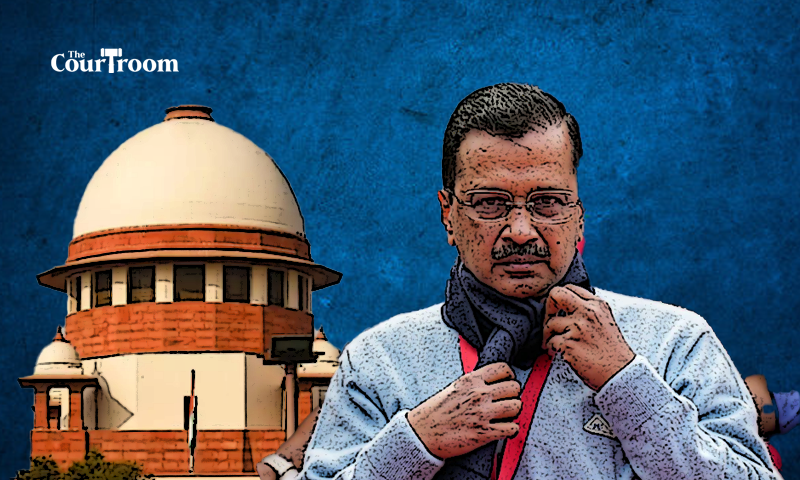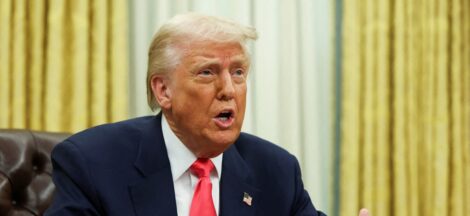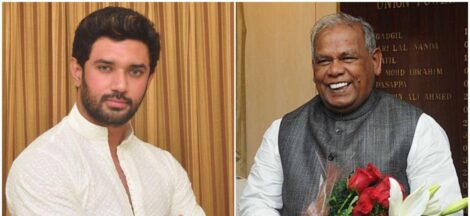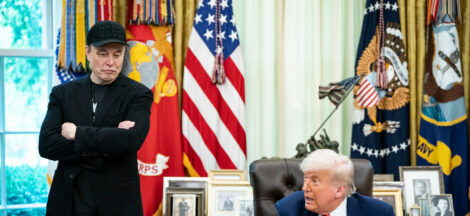The Supreme Court has commenced hearings regarding Delhi Chief Minister Arvind Kejriwal’s requests for bail and his challenge against his arrest by the Central Bureau of Investigation (CBI). This case revolves around allegations linked to the excise policy scam, a high-profile issue that has sparked considerable political and public attention.
The matter has drawn significant scrutiny due to the political implications and the high stakes involved. The excise policy, central to the case, has been criticized by opposition figures and the media alike, adding layers of complexity to the legal proceedings. Kejriwal’s arrest and subsequent legal battles have become a focal point in Indian politics, reflecting broader concerns about governance and corruption.
The CBI’s probe into the excise policy scam has been intense, involving multiple allegations of misconduct and irregularities. The policy, aimed at regulating the liquor trade, has been accused of fostering corruption and financial mismanagement. The investigation has targeted several individuals and officials, but Kejriwal’s role, given his position as Chief Minister, has drawn particular interest.
Kejriwal’s defense has argued that his arrest was politically motivated and aimed at undermining his administration. The pleas for bail are being carefully considered in light of the charges against him and the broader implications for governance. The Supreme Court’s decision will not only impact Kejriwal’s political future but also influence the ongoing discourse around political accountability and legal processes in India.
The case has become a symbol of the complex interplay between politics and law enforcement in the country. The CBI’s actions and the subsequent legal challenges highlight the challenges faced by politicians and the judiciary in navigating allegations of corruption. As the Supreme Court reviews the pleas, the outcome will likely have significant ramifications for both Kejriwal and the broader political landscape.
The ongoing legal proceedings have also ignited debates about the transparency and fairness of the investigation. Critics argue that the high-profile nature of the case might affect its impartiality, while supporters of Kejriwal claim that the charges are an attempt to discredit his administration. This polarization underscores the broader issues at play in the excise policy scandal.




 Sculptor Held After Shivaji Maharaj Statue Collapse
Sculptor Held After Shivaji Maharaj Statue Collapse 